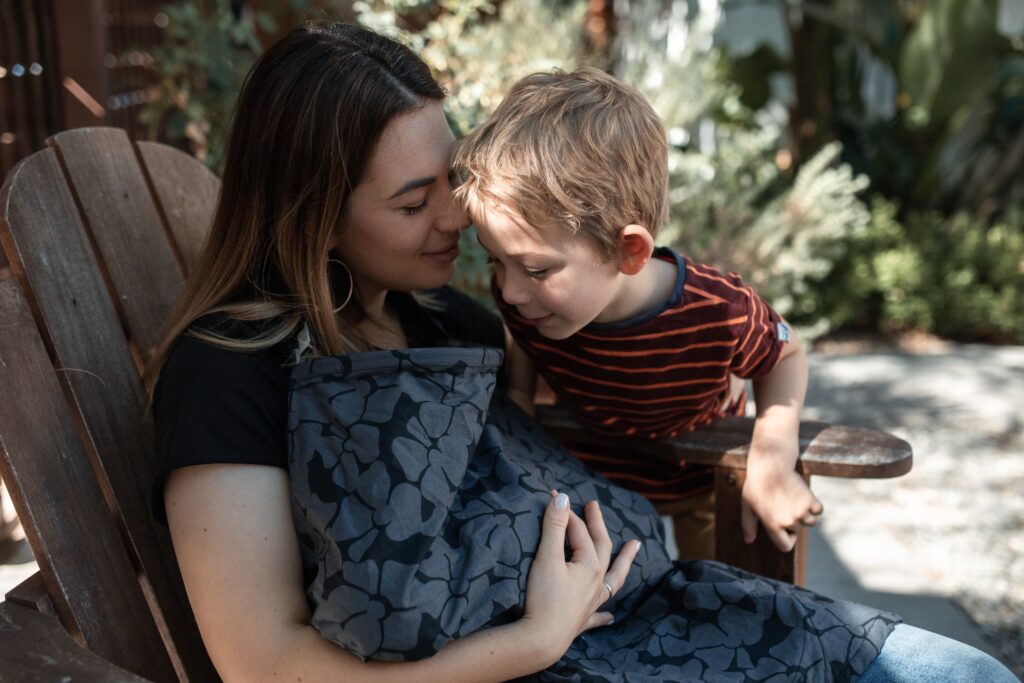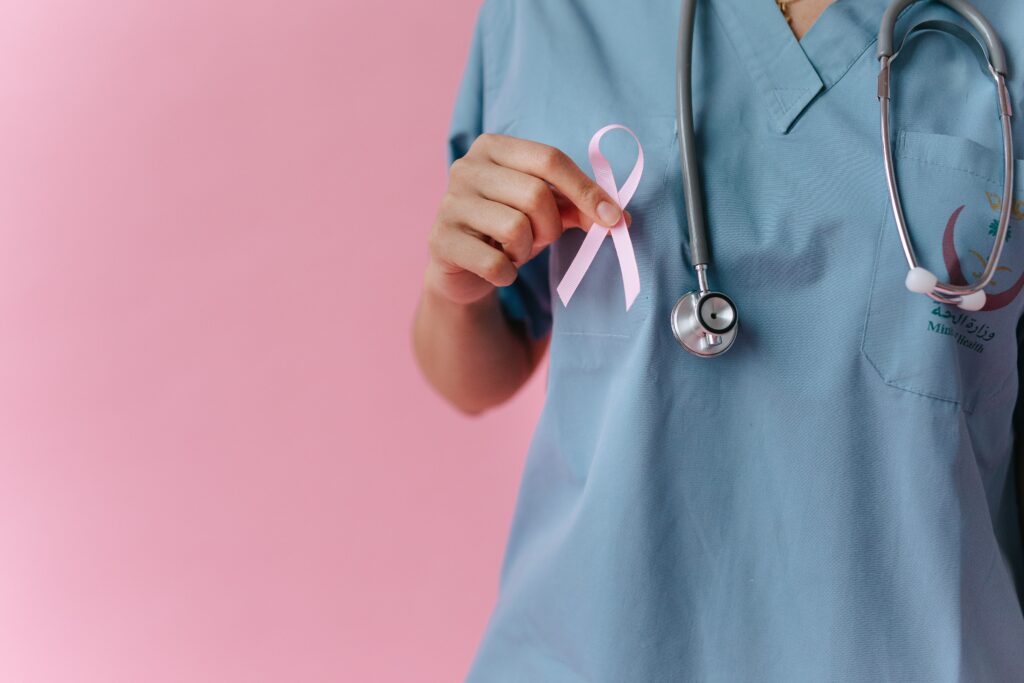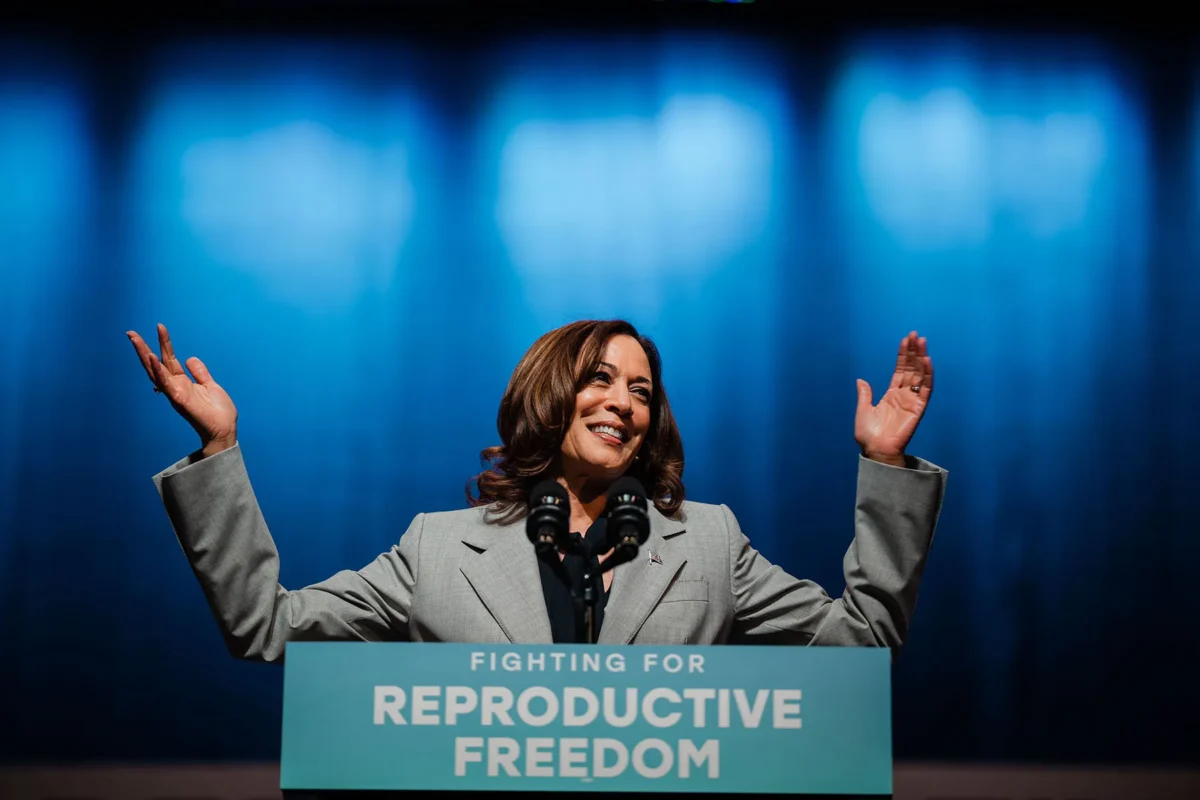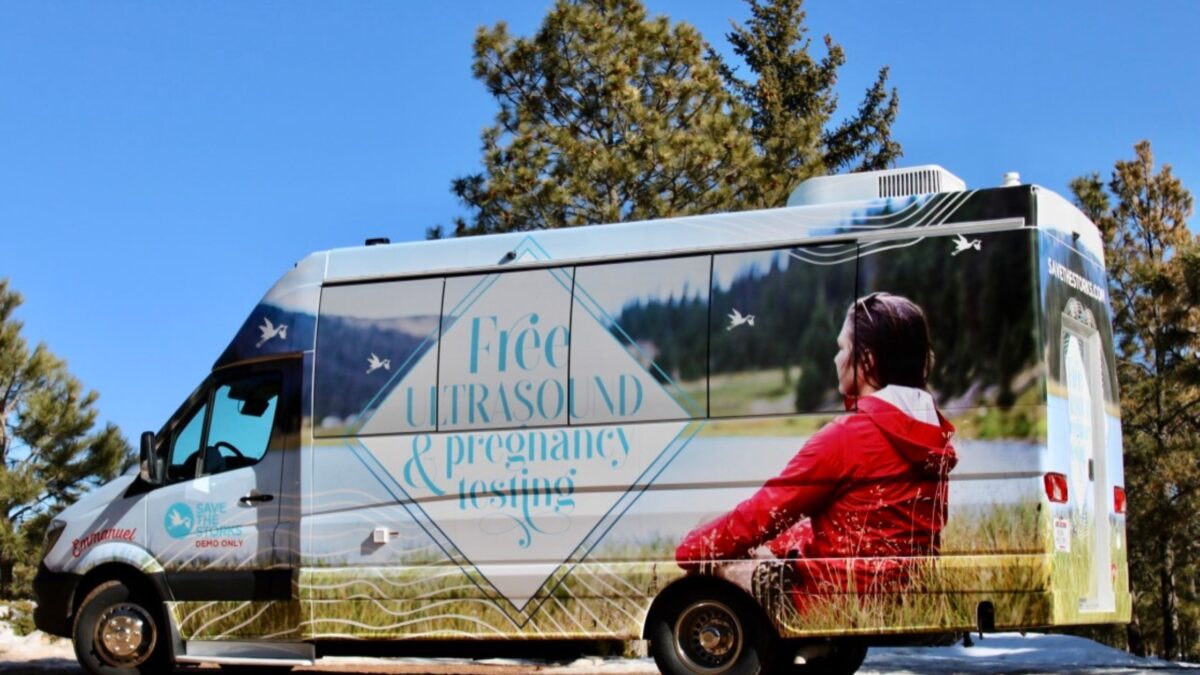This article has been medically reviewed by Dr. Karysse Trandem, OB/GYN, FACOOG.
Do you know the facts about abortion and breast cancer? Few do.
A quick Google search seems to settle the issue—there’s no connection between abortion and breast cancer. To say otherwise is to dabble in dangerous and misleading pseudoscience. Sounds familiar, right?
But a different picture emerges when you examine the research for yourself. Here are five facts about abortion and breast cancer that might surprise you.
Fact 1: Most major health organizations reject the abortion-breast cancer connection
That includes…
- the World Health Organization
- the U.S. National Cancer Institute
- the American Cancer Society
- the American Congress of Obstetricians and Gynecologists
- the Royal College of Obstetricians and Gynaecologists
- the German Cancer Research Center
- the Canadian Cancer Society
This hasn’t always been the case—health organizations deeply researched and hotly contested the abortion-breast cancer connection until the early 2000s. That’s when major medical organizations laid down the law. According to these institutions, the data clearly showed no link between abortion and breast cancer. The dozens of well-performed extensive international studies that proved otherwise were declared flawed and promptly ignored.
From then on, the debate has been closed. Research continues to prove that abortion causes a significantly increased risk of breast cancer, but the “consensus” has been set in stone. The organizational proclamations miss crucial details that women considering abortion deserve to know. For instance…
Fact 2: A full-term pregnancy is proven to protect women against breast cancer
It’s not up for debate—having children lowers your risk for breast cancer by 30-40%. The younger you are when you have kids, and the more kids you have, the greater the protection. That protection gets weaker and weaker as time goes on. Reach menopause without having children (or nulliparous, if we want to be fancy), and you face a greater risk of breast cancer.
Why? Because pregnancy alters breast cells. In early pregnancy, breast cells are unstable. They’re susceptible to mutations as they split and reproduce. In the first phases of pregnancy, breast cells divide and reproduce like crazy. If you’ve been pregnant before, you know this from experience—your breasts probably got larger throughout your pregnancy.
But something happens after 32 weeks—the cells mature. They stabilize. They become far less susceptible to cancer.
This isn’t crazy conspiracy talk—it’s a verified fact. Dr. Mads Melbye, a Danish scientist who opposes the connection, published a paper in 2018 detailing the protective power of pregnancy. Breast cancer risk increases as you approach the 32-week gestational age mark because of the rapid cell division but decreases after 32 weeks when the breast cells reach maturity. It’s the exact pattern that the breast cancer abortion connection suggests.
Fact 3: Often-cited abortion studies have flaws—and even support the abortion-breast cancer connection!
Two foundational studies on abortion and breast cancer come from Denmark and Sweden. On paper, they seem irrefutable. Scandinavian countries keep meticulous medical records. Have they had a legal abortion? It goes into the system. Get diagnosed with breast cancer? It goes into the system.
All you have to do is see who’s had an abortion after legalization and who gets diagnosed with breast cancer later. There are no oddly worded survey questions or the possibility of people lying or forgetting about abortions—just straight data.
The findings? There’s no connection between abortion and breast cancer. At least, that’s what the abstracts say.
But when you read the papers, a different story emerges.
The Danish study, headed by Meds Melbye mentioned earlier, says, “With each one-week increase in the gestational age of the fetus… there was a 3 percent increase in the risk of breast cancer.” And that’s after misclassifying 60,000 women who had abortions as not having abortions! So much for disproving the abortion-breast cancer connection.
And the Swedish study? It only monitored first-trimester abortions for 11 years. The study admits that “it would… be appropriate to perform a similar linkage with the cancer registry and subsequent analysis in five, 10 or 20 years.”
The rest of the major studies have similar flaws—they seldom consider age, legal abortion access for older women, or use non-representative groups of women to make their claims. You can read more about these studies in this article by Dr. Joel Brind in the Journal of American Physicians and Surgeons.
That brings up the fourth fact about breast cancer and abortion…
Fact 4: Dozens of more studies show a connection.
The field of breast cancer and abortion research is messy. Dozens of studies prove a link and dozens that don’t.
For instance, Dr. Yuebi Huang of Tianjin Medical University Cancer Institute and Hospital has been part of at least two abortion-breast cancer meta-analysis studies. One found that there was no link between abortion and breast cancer. The other saw a 40% risk increase after an abortion, which soared to 76% after two abortions. The studies were done one year apart.
Another researcher, Janet Daling, found an 800% increase in the lifetime risk of breast cancer after an abortion if the patient is less than 18 years old.
And a study of New York women similar to the Scandinavian studies found that abortion increased breast cancer risk by 90%!
Remember—not every study is perfect, especially if they rely on surveys and memory instead of medical records. But these studies suggest, along with the flawed evidence of the studies that supposedly disprove the link, that the debate over the abortion-breast cancer connection is far from settled.
So why won’t medical organizations own up? Why won’t they admit that the question isn’t closed? Because of fact five…
Fact 5: The largest medical organizations are sometimes WRONG about things
Remember when doctors used to promote smoking? How Benjamin Franklin knew lead paint was dangerous, but it wasn’t banned until the 70s? Or how handwashing was vehemently opposed by doctors in the 1800s? Or that lobotomies used to be considered good science?
The simple fact is that scientific research is a long, messy, financially driven, complicated process—it takes years to hammer out details, for existing ideological regimes to give way, and for good science to rise and conquer lousy science.
In the meantime, we have to deal with stuff like this…
- 2% of scientists have admitted to falsifying data, and a third admitted to fudging numbers based on gut instinct or external pressures
- 80% of non-randomized studies turn out to be wrong, as do 25% of supposedly gold-standard randomized trials and as much as 10 percent of the platinum-standard large randomized trials
- The constant politicization and clickification of every random study that seems to support your favorite narrative
This isn’t a surprise. After all, you’ve spent the last three years suffering a non-stop barrage of medical information; it’s hard to know what to believe.
Conclusion:
The abortion-breast cancer link is a sideshow in the fight for life. Many people would remain pro-abortion even if they believed that abortion causes breast cancer. Just check out this Mother Jones article from the 90s for proof!
The same is true here at Save the Storks. It wouldn’t matter if scientists conclusively proved that abortion added 20 years to your life and gave you glowing skin—feticide (taking the life of a human inside the womb) would still be wrong, and we would still oppose it.
We’re dedicated to serving women facing unplanned pregnancies. We believe that women are strong and deserve to know the risks and benefits of all their options, inside and out. That means if there’s even a tiny chance that abortion could cause breast cancer, we want women to know.
Written by Ian Butler with Dr. Karysse Trandem, Ob/Gyn, FACOOG, Save the Storks National Medical Director















